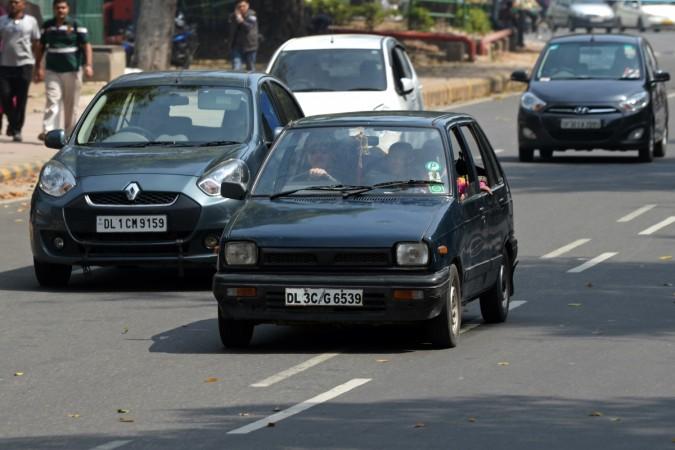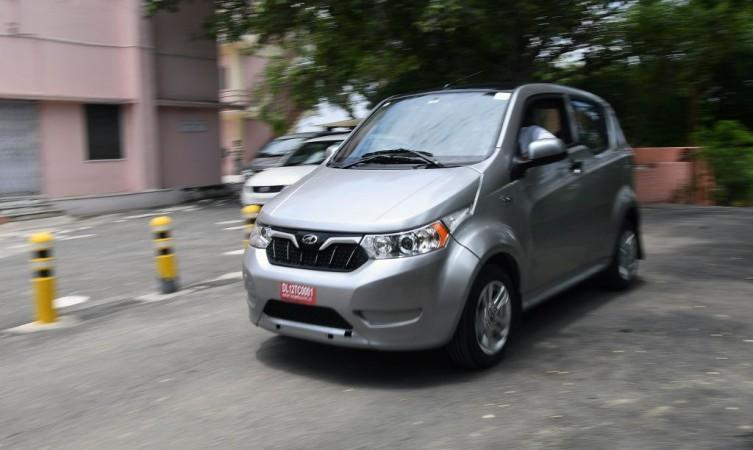
Finance Minister Arun Jaitley is all set to present the Union Budget for 2018-19 on February 1 and like many other industries, India's automobile sector is also expecting a much favourable decision that will help the industry to grow.
The Indian automobile industry had a bumpy ride last year with the full adoption of BS-IV vehicles in April and the rollout of GST in July. The GST council revised the taxation on vehicles with additional cess later the year and that forced some automakers to increase prices of vehicles. It needs to be noted that the industry experienced all these on the backdrop of demonisation of Rs 500 and Rs 1,000 notes in November 2016.
The industry is currently returning to positive sales after the roller coaster ride and hence many sops for the reboot is expected from the Central Government of India. In addition, the automobile sector is also gearing up for electric vehicle switch, which is considered as the biggest shift in the modern age.
At this point, Indian automobile industry has high hopes in Union Budget 2018. We have listed out top five expectations industry has from Finance Minister of India.
Stable policies for the manufacturing sector - Though the sudden decision of the Central government to move from the current BS-IV emission norms to BS-VI norms by 2020 leapfrogging BS-V sounds great, it had a huge impact on automakers. The companies which were working on the next-gen BS-V engine were forced to abandon the R&D and forced to move on to BS-IV compliant engines.
Such sudden and frequent disruptions in policies need the companies to re-work their strategies and plans, which is not good for the industry as a whole. Hence automobile industry will be expecting stable policies with a long-term vision on environmental norms and safety regulations and, Inspection and certification.
Tax deduction for research and development - With automakers heavily investing in R&D to upgrade to BS-VI emission standards, the industry is expecting incentives on R&D in form of weighted tax deduction from 150 percent to 200 percent in Union Budget 2018. Taking it further, weighted deduction on R&D expenses should be extended to expenses incurred towards third-party R&D service providers so as to encourage local designing of products in line with the Make in India policy.

Clarification on vehicle scrappage policy - With the air pollution from vehicular traffic is one the most debated topics in the recent past, a strong policy for scrapping old vehicles is the need of the hour. Industry experts have already suggested the same to central government with an incentive scheme. The industry will be keeping its ear to the ground for announcements on incentives, timeline and fleet modernisation under the scrappage program.
A clear roadmap for electric vehicles - The industry is also on the verge of moving towards electric vehicles in line with central government's ambitious plan to go full EV by 2030. It is an enormous shift and hence the government has to put in place a clear policy, time frame and get the pre-requisite infrastructure ready to enable automobile makers for a smoother shift. Rather than quick decisions related to EV shift, the industry will be expecting a phase-wise approach from the government and directions for the same in the budget 2018.
Reduction in interest rates - The industry is also expecting Jaitley to reduce interest rates on auto loans for the passenger as well as commercial vehicles. This is expected to give a major improvement to rural auto sales where serious drop has been recorded post demonetisation, GST implementation and BS-IV switch in April 2017.




!['Lip lock, pressure, pyaar': Vidya Balan- Pratik Gandhi shine in non-judgmental infidelity romcom Do Aur Do Pyaar [ Review]](https://data1.ibtimes.co.in/en/full/797104/lip-lock-pressure-pyaar-vidya-balan-pratik-gandhi-shine-non-judgmental-infidelity-romcom.jpg?w=220&h=138)








